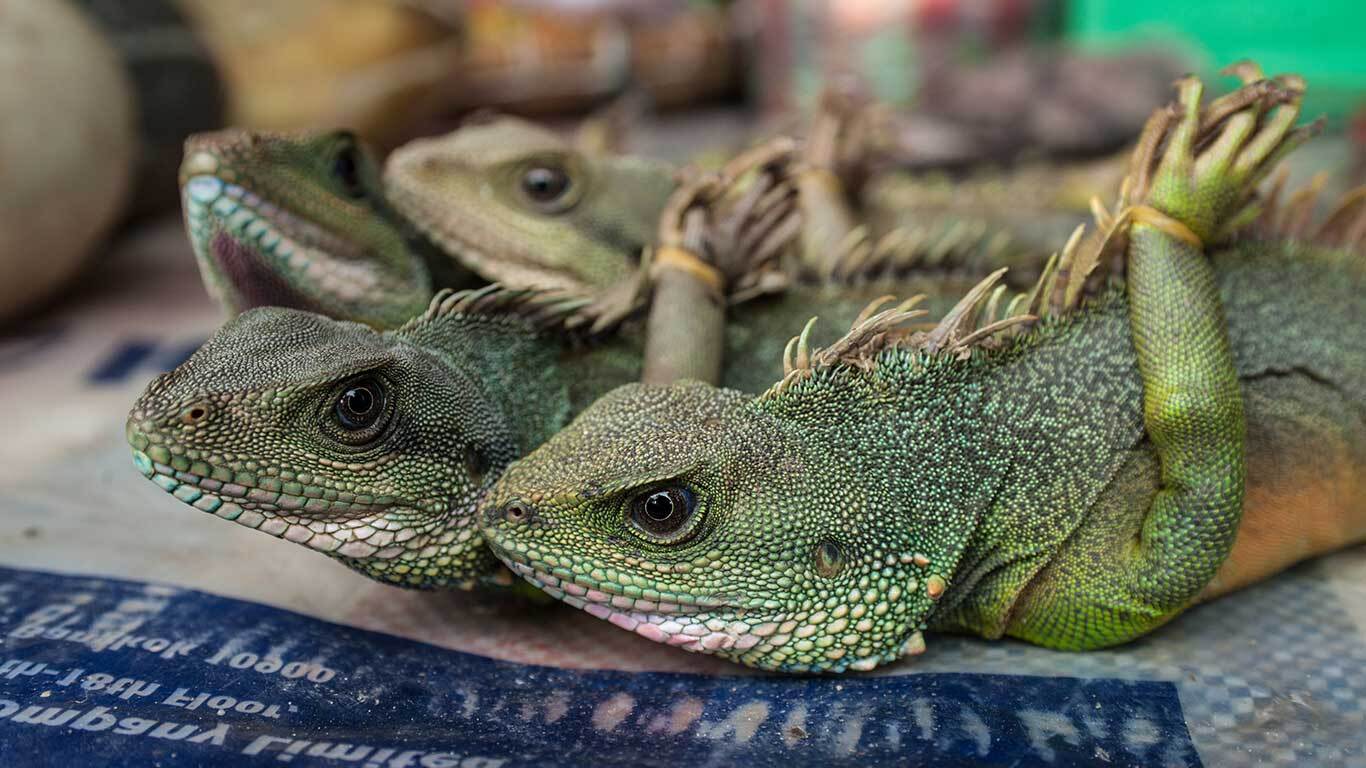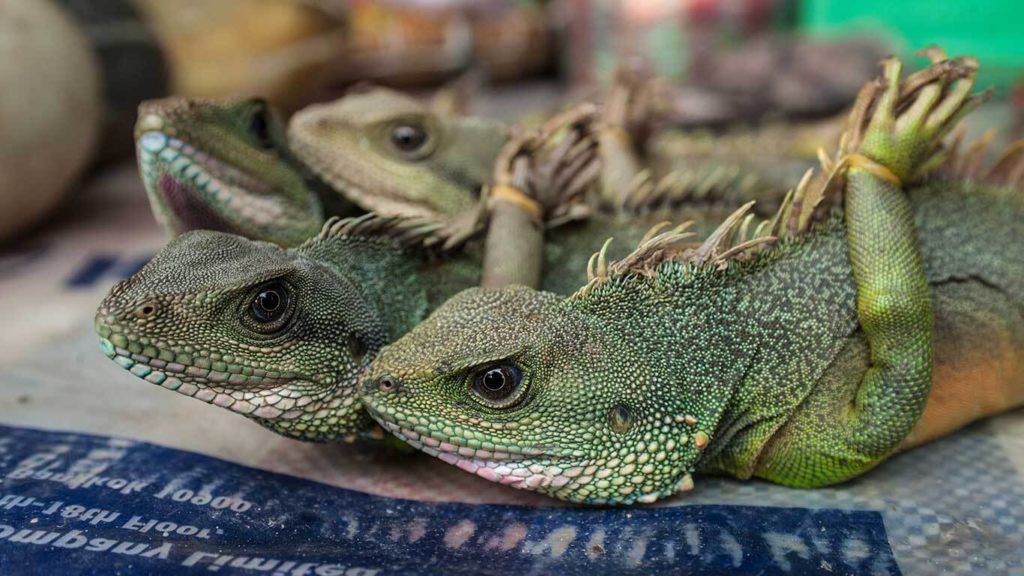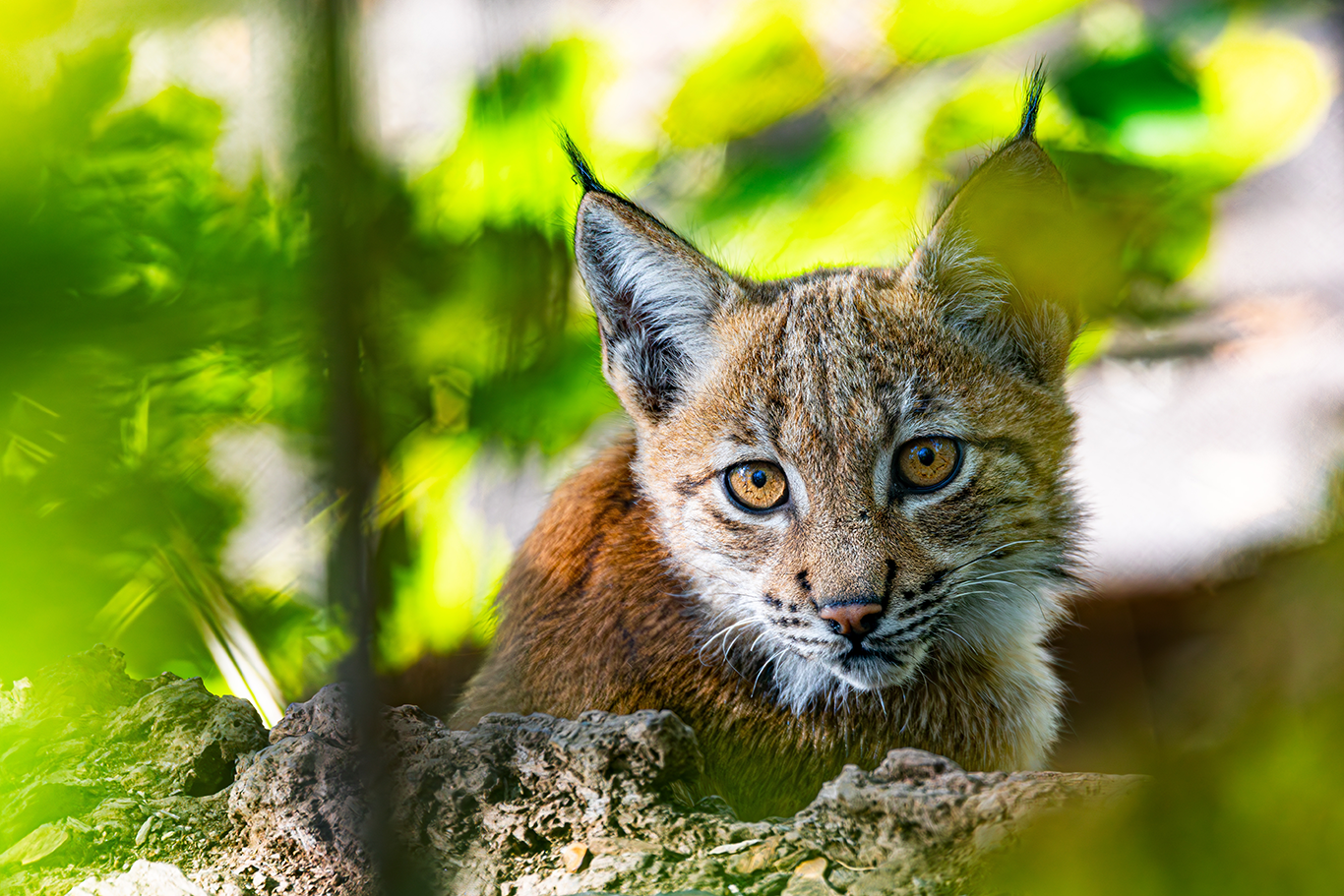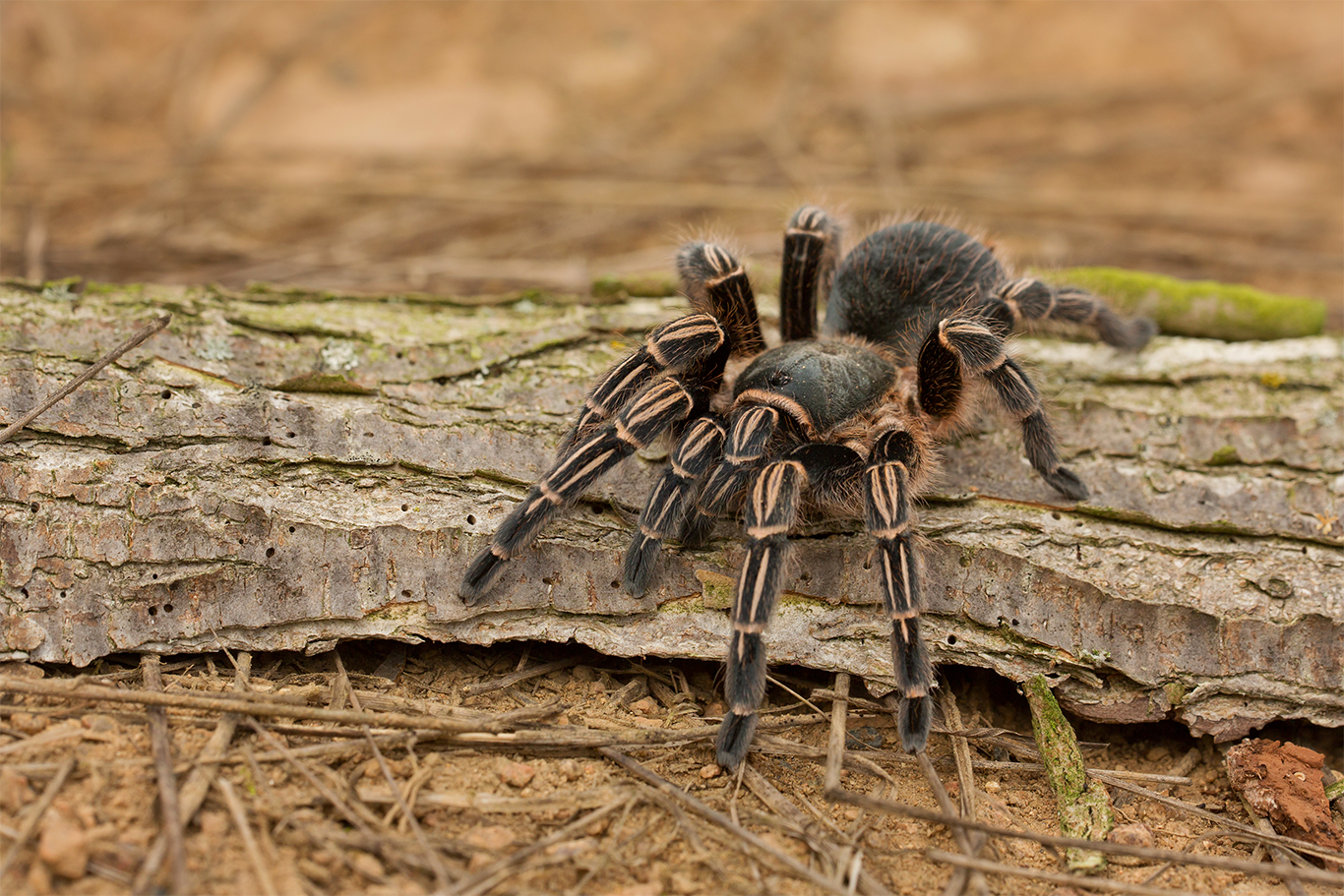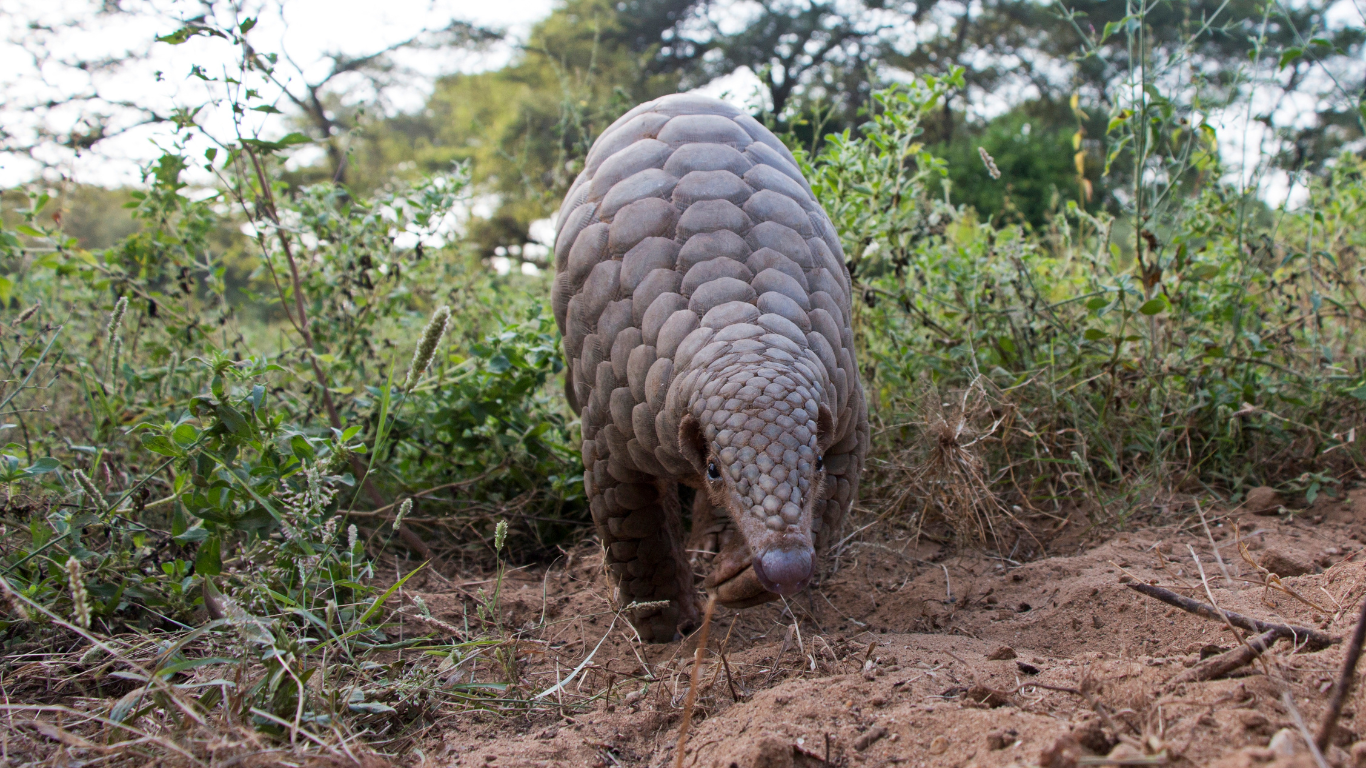By Melissa Reitz
New evidence reveals that the illicit wildlife trade is set to boom as traffickers take advantage of COVID-19 disruptions to stockpile products.
Despite data suggesting a drop in arrests and seizures of products such as ivory, rhino horn and pangolin scales in 2020, additional research finds that wildlife trafficking has not dropped, and we could be in for a significant upsurge in global illicit trade.
Wildlife crime experts say COVID-induced tasks have limited law enforcers' capacity to detect and report illicit shipments. As a result, seizure and arrest data alone are not reliable indicators to measure illicit trade activity.
According to the Wildlife Justice Commission (WJC), traffickers are stockpiling wildlife products in Africa and Asia because of disruptions caused by the pandemic.
Recent reports of seizures of smaller individual parcels with an overall higher volume suggest that traffickers are dividing larger amounts into smaller parcels to evade detection.
Research also shows an increase in other indicators of wildlife crime, including poaching numbers and online sales of wildlife and their parts, highlighting that seizure data alone is not a sufficient gauge for on-the-ground activity.
Now the concern is that as lockdown restrictions are lifted, leading to increased flights and other travel, stored contraband will quickly be sold, feeding a pent-up demand and fuelling an explosion of animal poaching.
“While we may have believed that wildlife was benefitting from pandemic lockdowns and reduced illicit trade, we cannot afford to lose our vigilance,” says Adrienne West of the Animal Survival International.
“We must brace ourselves and be prepared to tackle a surge in demand and poaching. We need to be ahead of the game if we are to protect what wildlife remains.”
According to the Alliance to Counter Crime Online (ACCO), the size of the booming online markets and illicit online advertisements for exotic pets, such as cheetahs, remained unchanged in 2020.

